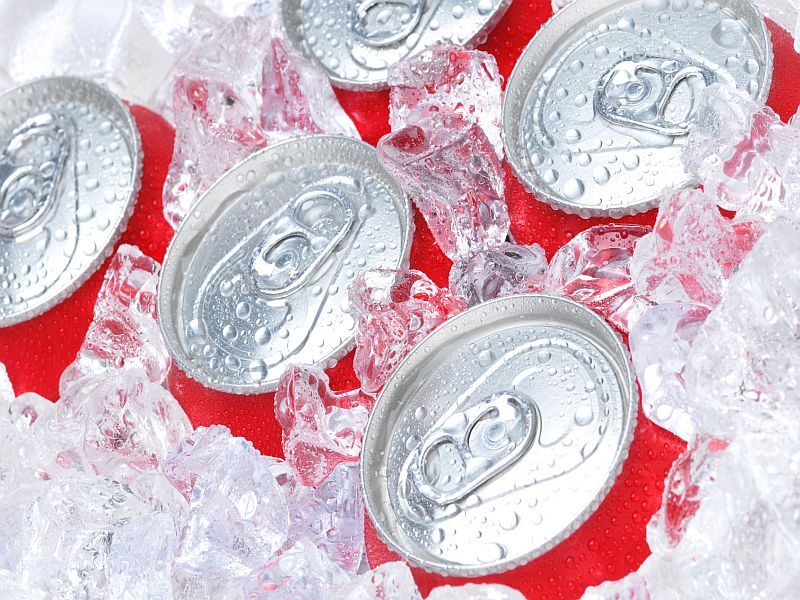
While getting a COVID-19 vaccine provides antibodies against the coronavirus, getting a booster shot creates a longer-lasting antibody response, according to new research. “These results fit with other recent reports and indicate that booster shots enhance the durability of vaccine-elicited antibodies,” said senior researcher Dr. Jeffrey Wilson of the University of Virginia (UVA) Health division… read on > read on >






























